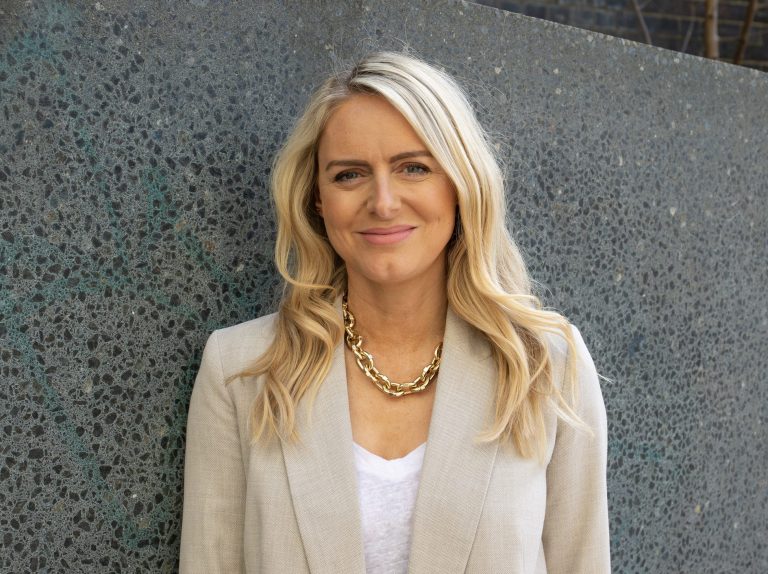- Redevelop the Priory Centre including the development of a brand new leisure facility focused on family orientated activities such as tenpin bowling, indoor soft play facility, Trampoline Park and a café. Redevelopment will retain existing occupiers and bring in new tenants for current empty units.
- Deliver a new green footpath/towpath link along the Chesterfield Canal along with new moorings capitalising on canal boat traffic, whilst improving a green corridor through the town centre.
- Create a footbridge over the Chesterfield Canal resulting in improved connectivity to the main town centre from the residential areas to the north of the town which is one of the most deprived areas within Bassetlaw.
- Enable the redevelopment of the area for new town centre living, bringing two sites forward for development and encouraging underutilised space to be made into apartments and town houses.
- Create a multi-functional market area with a new food court.
- Create a new cycle hub that includes a cafe with changing facilities and bike lockers.
- Improve the existing road surfacing to ensure there is a defined access into the shopping centre.
Levelling up bid submitted to transform Worksop Town Centre
Nottingham group bookings firm acquires Canadian ticketing provider
Groubook, the Nottingham-based platform dedicated to group bookings, has acquired StudentSphere, the student ticketing provider in Canada, for an undisclosed sum.
The acquisition is a strategic move for Groubook as they continue to expand into new regions with a high priority on their student business. The acquisition is teased to see Groubook move into the UK ticketing market whilst expanding the reputation that StudentSphere have in Canada.
Groubook CEO Bradley Gough said: “StudentSphere have culminated a great reputation in the Canadian market for being a no-fuss, cost effective and easy to use platform for event organisers.
“Groubook similarly has a reputation amongst organisers and the acquisition not only allows us to move into the Canadian market which has over 1.5m students, but affords us the technology of potentially offering our partners ticketed events for promoters and clubs in the UK as well as bolstering our own platform. “I’d like to place my sincere thanks on record to Andrew, Allan & Sebastien for the opportunity for Groubook to acquire StudentSphere.”Andrew Lockhead, co-founder of StudentSphere, said: “The company was created by students for students, we couldn’t be happier to ‘pass the torch’ to a group of people who share the same passion and vision for the students market. StudentSphere will be in great hands and be able to accomplish so much more with the help of the Groubook team.”
Macmillan advised Groubook on the deal.
The Recruitment Group expands into Yorkshire with eighth acquisition
The deal is set to take The Recruitment Group’s headcount to nearly 150 and increase its footprint to 15 locations nationwide.
Next in discussions with Joules over equity investment
Only 11 days remain until nominations close for the East Midlands Bricks Awards 2022
- Most active estate agent
- Commercial development of the year
- Responsible business of the year
- Residential development of the year
- Developer of the year
- Deal of the year
- Architects of the year
- Excellence in design
- Sustainable development of the year
- Contractor of the year
- Overall winner (this award cannot be entered, the winner will be selected from those nominated)
Book your tickets now
Tickets can now be booked for the East Midlands Bricks Awards 2022 – click here to secure yours. The special awards event will be held on 15 September 2022 in the Derek Randall Suite at the Trent Bridge County Cricket Club from 4:30pm – 7:30pm. The occasion will also welcome award-winning mind reader, magician, and professional mentalist Looch, who will bewilder and astonish guests during the evening’s networking. Dress code is standard business attire.











To be held at:













